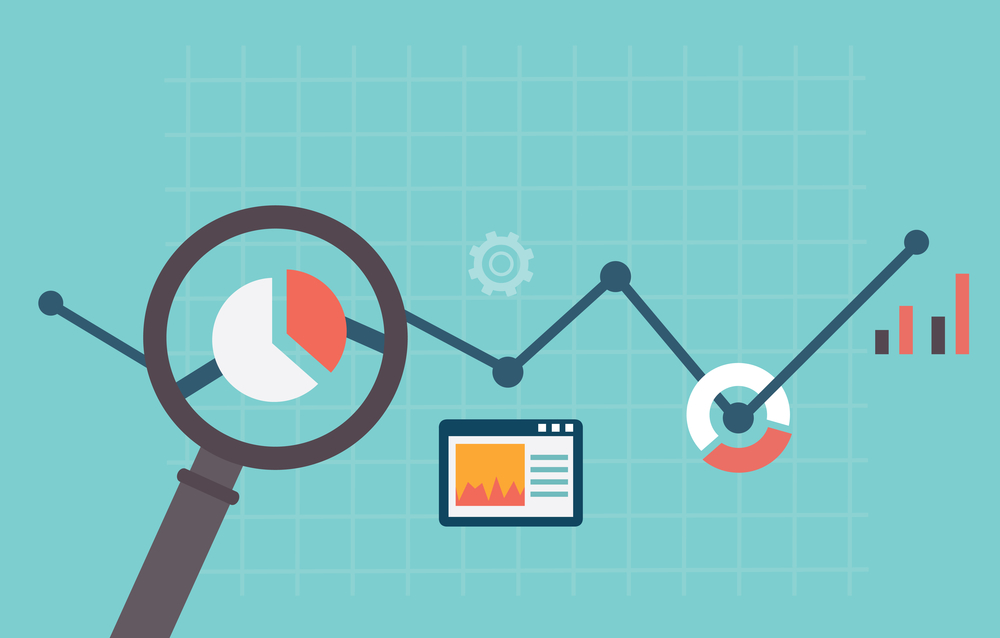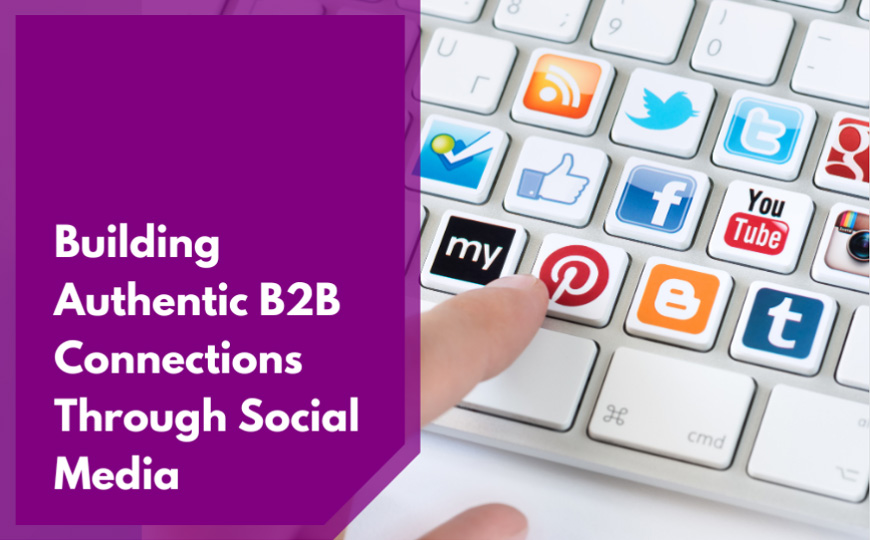Social media marketing has opened up new channels and tools to disseminate targeted messages in order to promote businesses and various offers. But do you know what’s trending or what your target audience is looking for in terms of content, what is the best time to schedule your posts for your target group or even how your content is performing in comparison to that of your competitors? To fully reap the benefits of your social media marketing efforts, marketers have to keep a finger on the pulse of the audience so that they can focus on the right social media goals and choose the right metrics to measure success. In order to efficiently prove ROI, marketers need access to the right tools and that is where social media analytics comes in handy.
Social media analytics tools can help gather and quickly organize data from your accounts and campaigns to track and discover consumer responses across numerous online sources. These analytics tools can be used to measure social media performance and extract meaningful opinions, emotions and trends about customers so that marketers can improve campaign performance.
Here is a rundown on six of the most robust Social Media Analytics tools that you can use to measure your core social media metrics, KPIs and compare different strategies.
1. Hootsuite
Hootsuite is a social media analytics tool that supports over 30 social media platforms, including Facebook (Pages and groups), Google+, Twitter, LinkedIn (profiles and companies), YouTube, WordPress blogs and many more. The free version offers basic analytics to track follower growth and gain insight on the type of content that best resonates with your audience. But a paid plan allows marketers to create and share in-depth analytics reports based on different metrics like Posts, Followers, Engagement, and Traffic. You get access to even better tools that can do everything from determining the best time to publish a post or tweet, based on when similar content did well in the past, to auto scheduling social media posts, to measuring the success of your social media campaigns in real time. Hootsuite’s analytics platform has an easy-to-use central dashboard view for each social media platform and profiles that a customer has linked. With Hootsuite you get easy campaign monitoring, follower-growth tracking and even the ability to measure and monitor your team’s metrics and performance.
You can start by downloading their quick start free guides on how to use all of the analytics features they offer. Find out how to request a demo or sign up for a 30-day trial.
2. Keyhole
Keyhole, is a platform for tracking real time and historical data around URLs, hashtags, keywords from Twitter, Instagram and Facebook. It helps track all posts containing hashtags, keyphrases for your brand to measure campaign impact on Twitter and Instagram. You get access to most of its account tracking, analytics and reporting features even on a basic plan, just the amount of data collected varies depending on the price tier. The shareable and printable dashboard is pretty intuitive and highly visual made up of graphs, timelines, etc. to display metrics such as top posts (based off shares and replies), user demographics, information on influencers and more. You can expand the reach of your social content by leveraging Keyhole’s insight on keywords and hashtags and adding a few keyphrases to your posts.
3. quintly
Quintly tracks the performance of pages and profiles on social media platforms such as Facebook, Twitter, YouTube, Google+, LinkedIn, and Instagram. Quintly has developed its own social media language called QQL (Quintly Query Language) based on SQL that allows marketing teams to bring a different level of customization to client projects. It makes it easy to define, write and track your own custom metrics based on differing weights and to adapt it to clients’ KPIs to suit your needs. It can be used to monitor and illustrate varying metrics including engagement data (Shares and replies), response rates, and growth of followers, through maps, graphs and charts. On quintly you can view several accounts side-by-side to better understand trends and also to compare how well competitors measure up against one another.
4. Google Analytics
Google Analytics is a robust analytical tool that works across many digital assets including blogs, websites, and social posts too. It can show you how users are interacting with your brand content, where your traffic is coming from, the number of visitors you get, the most popular pages on your site, and how customers landed on your site. While it is a must-have tool for analysis of your website, it provides deep insight on your social marketing and SEO efforts too. The dashboard also throws light on network referrals earned from social media links and social media activities, and trackbacks as in the number of links shared on a platform that led to your site. You can create custom reports including ‘Best Days to Post on Social Media’, ‘Best Time to Post on Social Network by Hour’, and ‘Social Pages Report’ to get real-time, in-depth insights about your social media posts and traffic. You get an activity stream with the latest actions and conversations on social networks that impact your overall website performance and also a conversion report specific to each social network so that you can show real results. You can find the conversion visualizer under “Conversions-Multi-Channel Funnels” to compare conversions earned through different channels. What’s not to like when Google Analytics offers all of this data in its free plan!
5. Brandwatch Analytics
Brandwatch Analytics is a powerful social media analytics tool to perform extensive research on online mentions around your brand by aggregating data from Facebook, Twitter, Instagram, blogs, discussion forums, news and review sites and more Using the Brandwatch platform, you can combine social listening data from different social platforms and the web in general and even benchmark against competitors for a more comprehensive competitive analysis. Queries on Brandwatch are about detecting sales opportunities by creating social search and capturing and segmenting data for analysis and then taking action. This platform can provide consumer insights, analyze sentiment, identify influencers and trends, undertake campaign intelligence and arrange data with up to 50 filters to inform real business decisions.
6. BuzzSumo
Buzzsumo should be the tool of choice for analyzing how content from your website performs on social media channels. You can easily check your own brand content performance, monitor mentions of your competitors on social, and even the overall trending content in your industry. Buzzsumo shows you the most socially shared content across Facebook, Reddit, Twitter and Pinterest related to a keyword or website so you have a better idea of what to create and share. You can also enter a specific url to find out how many shares and backlinks it received. You can even identify your evergreen content through ‘Evergreen Score’ to see which posts are being shared regularly throughout the year as opposed to just on release so that you can recycle them and gain more traction. Buzzsumo makes it a breeze to analyze Facebook pages, track influencers to connect with and build relationships, and look up trending content so that you can create relevant articles around them and schedule these articles to be shared on your social profiles, through Sprout.
There are a ton of useful social media analytics tools out there, like Tailwind, Sysomos, Snaplytics, Tweriod, Crowdbooster and Audiense to name a few, that you can use to track your social media efforts. Since every campaign is different, there is no one-size fits all approach for performance measurement. You just have to find one as per your own requirement that fully integrates with all your chosen platforms, is easy to use and helps you understand your audience better.






